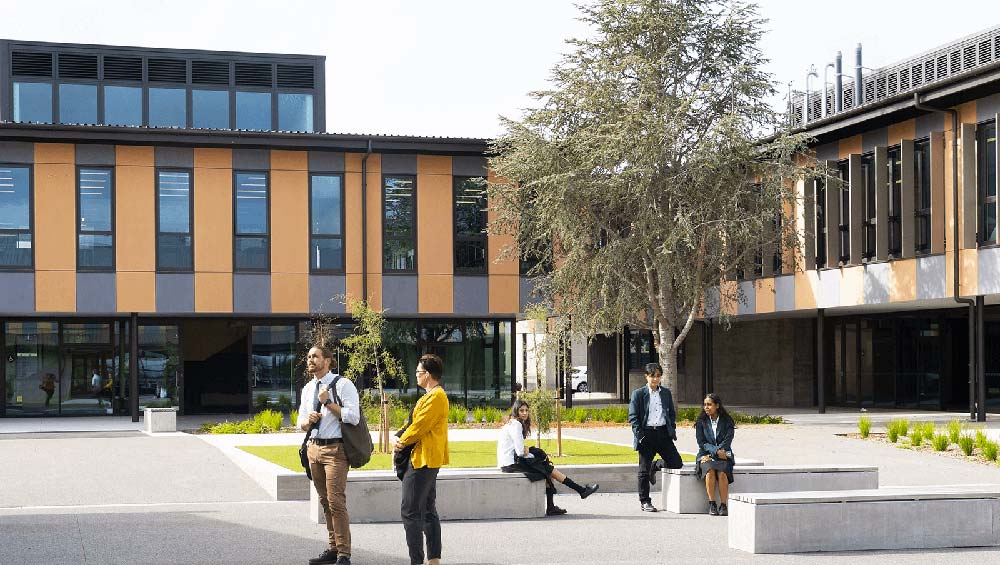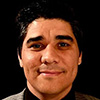How ICAS helps Te Aratai College to extend their students

In a system where teachers often manage classes of 20+ students, one of their greatest challenges is meeting the unique needs of each individual.
At Te Aratai College in Christchurch, Garth Lewis is well aware of this fact. As Assistant Head of Maths, it’s his job to ensure that the college’s students are progressing well for his subject – students of every ability.
But teaching in a college with many high-needs students makes this trickier than you might expect. These students need extra focus and support, and this creates a risk of overlooking the students at the other end of the scale – those who perform above standard:
“We are a higher Equity Index school – we have a lot of high-needs learners and you can often miss out on extending the more capable students.”
To ensure that the college’s brightest students are being challenged, they recently reviewed their extension program and started to include more extra-curricular activities that push these kinds of learners to their academic limits. One of these activities is ICAS.
“We host ICAS to extend learners – the learners who have the ability to be extended, both those who are at level and almost at level.”
As a tough academic competition that tests students’ higher-order thinking skills, ICAS allows Garth to challenge his students in unique ways and ensure they’re getting the work they need to succeed – not just “regular” learning from the curriculum, but activities that really stretch their minds.
“ICAS exposes these students to a different assessment entirely; a new way of seeing and learning. It tests the application of what they have learned and helps them to see how that applies in an external assessment.”
Garth doesn’t just think these kinds of opportunities are important. He believes they can have an enormous impact on certain students, especially because of their economic demographic. It’s about showing them that despite not growing up in a wealthy neighbourhood or coming from a privileged background, they still have the potential to light up the sky.
“We pay for ICAS for our students because of their economic demographic. It gives them a big opportunity to participate and can be life-changing.”
Without competitions like ICAS or Cantamath (which the college also participates in), these students would miss out on opportunities to prove their academic mettle. For Garth and Te Aratai college, they’ve proved a valuable method for meeting the needs of their brightest students and helping to teach inclusively (though ICAS can also be beneficial for students of every ability).
On the topic of inclusive teaching, the ICAS competition helps with this in another important way: through students’ results data. Garth uses this information to better understand how to extend his brightest students even further:
“What I really enjoy about ICAS is that you’re able to see the individual abilities of each learner. Your assessment tools are really quite comprehensive – they give us a good idea of students’ weak areas.”
With a stronger understanding of how these students performed for specific skill areas in Mathematics, fortified with insights from other assessments, Garth can pinpoint exactly what they need to focus on:
“[We found that] students did well in linear programming, but poorly in statistics and geometry. So we can look at our curriculum and focus on those important areas.”
Because ICAS and other academic competitions are helping Garth’s maths students perform at their very best, and have become a valuable component of their extension program, he’d like to widen the circle and see them being used in other subjects:
“I’d like to see ICAS being promoted across other learning areas (not just maths). Nobody has enough time, but you can make time. It’s about prioritising what is valuable.”
We’re delighted that Garth has found so much worth in ICAS for his high-ability students, and that is helps them to teach inclusively. We hope to see the college participate in a few more subjects this year!
References
- Ben Wilbrink, 1997, Assessment in historical perspective, Studies in Educational Evaluation
 Garth Lewis, Assistant Head of Maths, Te Aratai College
Garth Lewis, Assistant Head of Maths, Te Aratai College


